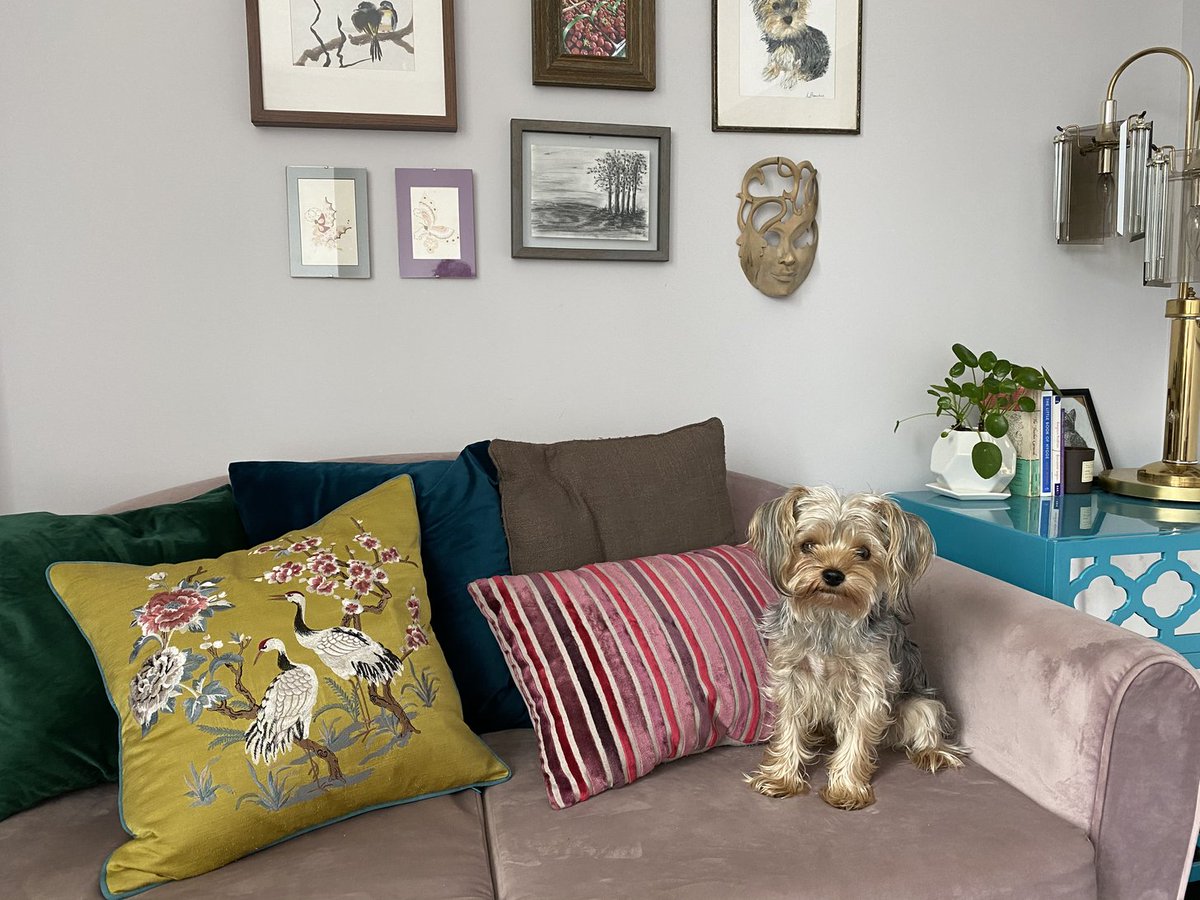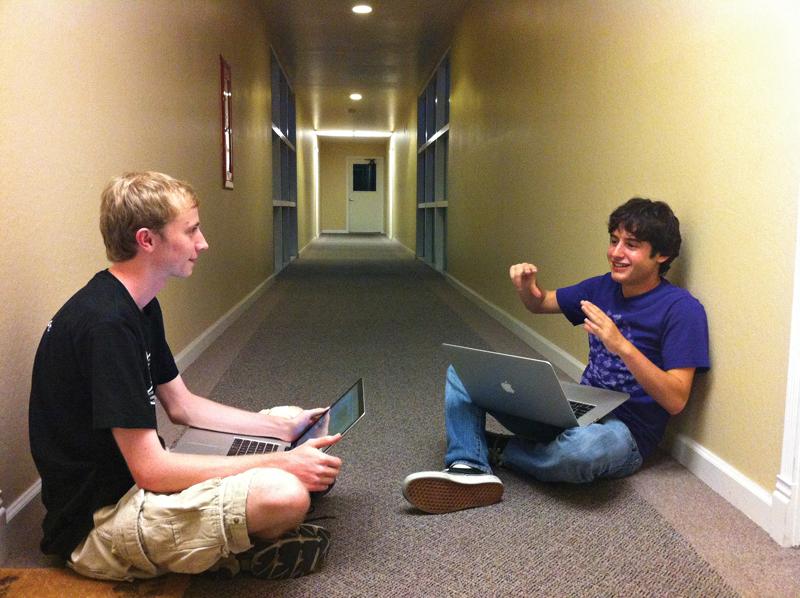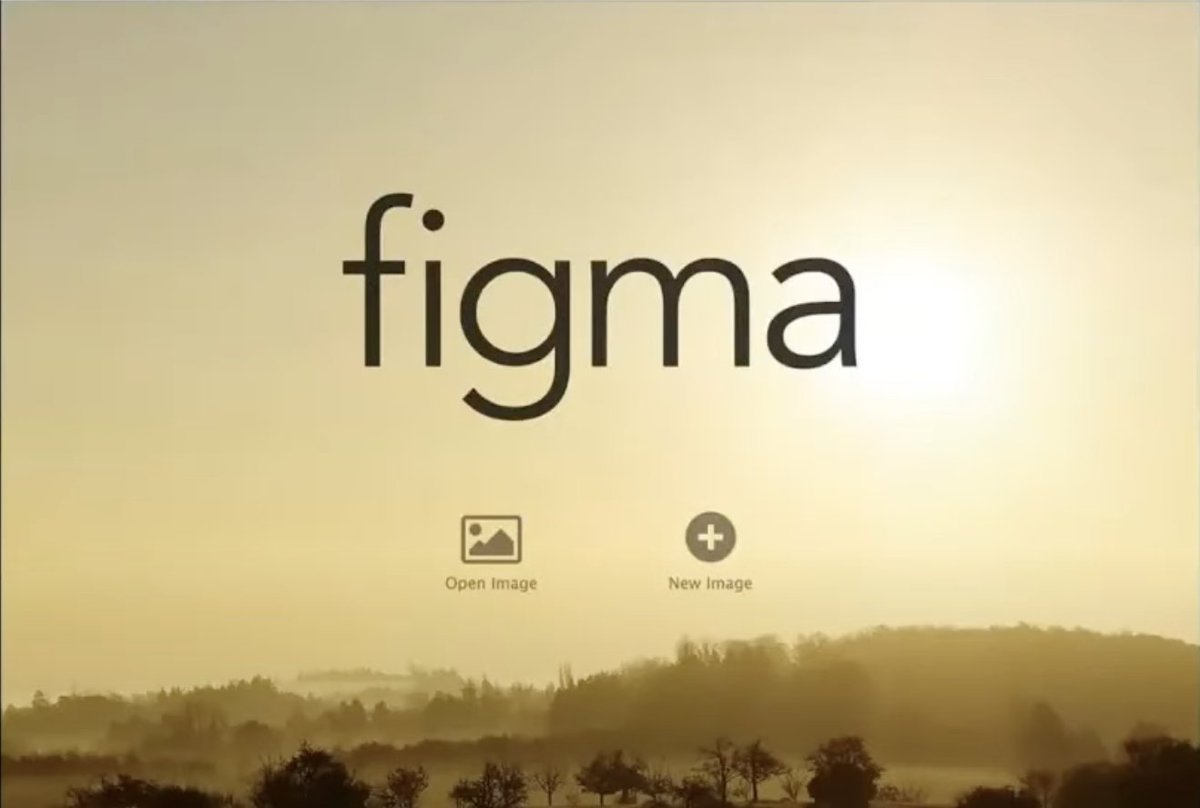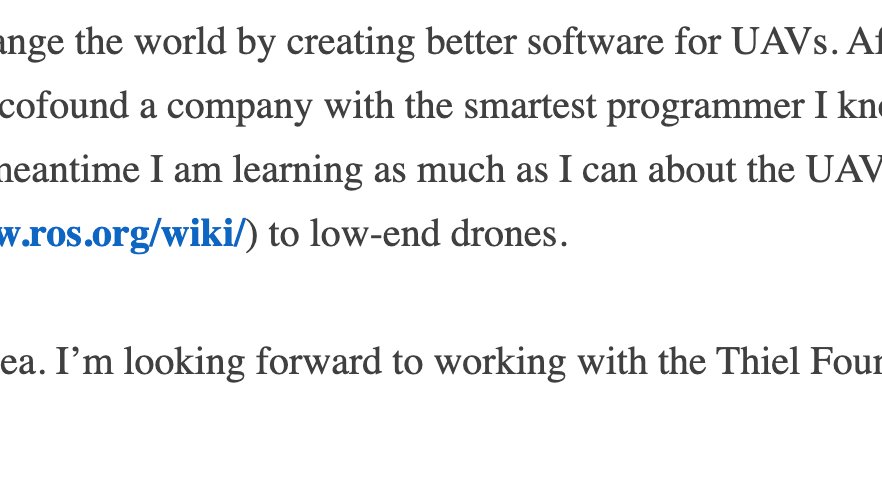
Pipe is a fast growing startup that recently raised more than $50 million
The company is probably the most “traditional” way co-founder and CEO Harry Hurst has ever made money.
This is a story of an immigrant entrepreneur who wasn’t afraid to think big. 👇
The company is probably the most “traditional” way co-founder and CEO Harry Hurst has ever made money.
This is a story of an immigrant entrepreneur who wasn’t afraid to think big. 👇
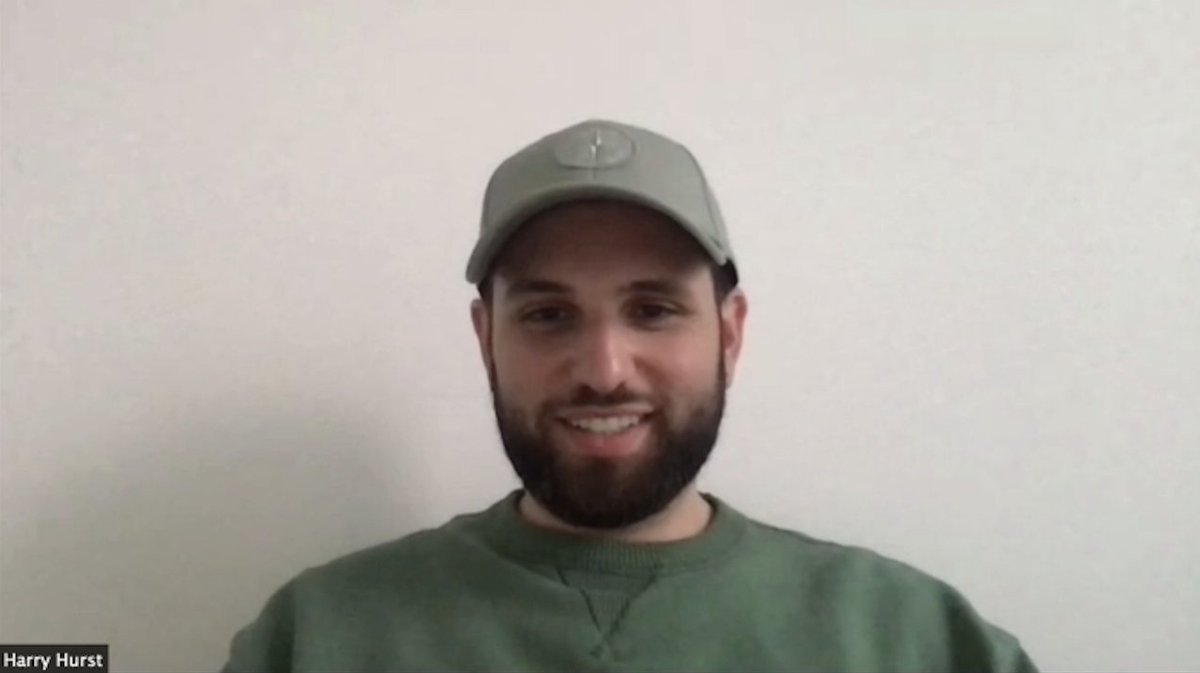
.@harryhurst had to hustle for everything he has:
•He grew up on the U.K.’s equivalent of welfare
•He sold clothes, started a magazine, and managed a rapper
•He pitched 50 startup ideas to someone at a random music studio encounter, and convinced him to be his co-founder
•He grew up on the U.K.’s equivalent of welfare
•He sold clothes, started a magazine, and managed a rapper
•He pitched 50 startup ideas to someone at a random music studio encounter, and convinced him to be his co-founder
Harry's upbringing shaped him
His mother raised him, his brother, and his sister on government benefits that amounted to less than £600/month.
They lived through food, financial, and social insecurity.
This insecurity has driven Harry throughout his career.
His mother raised him, his brother, and his sister on government benefits that amounted to less than £600/month.
They lived through food, financial, and social insecurity.
This insecurity has driven Harry throughout his career.
Harry spent his childhood summers on the road with his dad
At 8 years old, Harry & his father traveled to villages across the U.K. selling clothes from a stand.
The experience honed Harry’s ability to sell products to people from all walks of life.
At 8 years old, Harry & his father traveled to villages across the U.K. selling clothes from a stand.
The experience honed Harry’s ability to sell products to people from all walks of life.
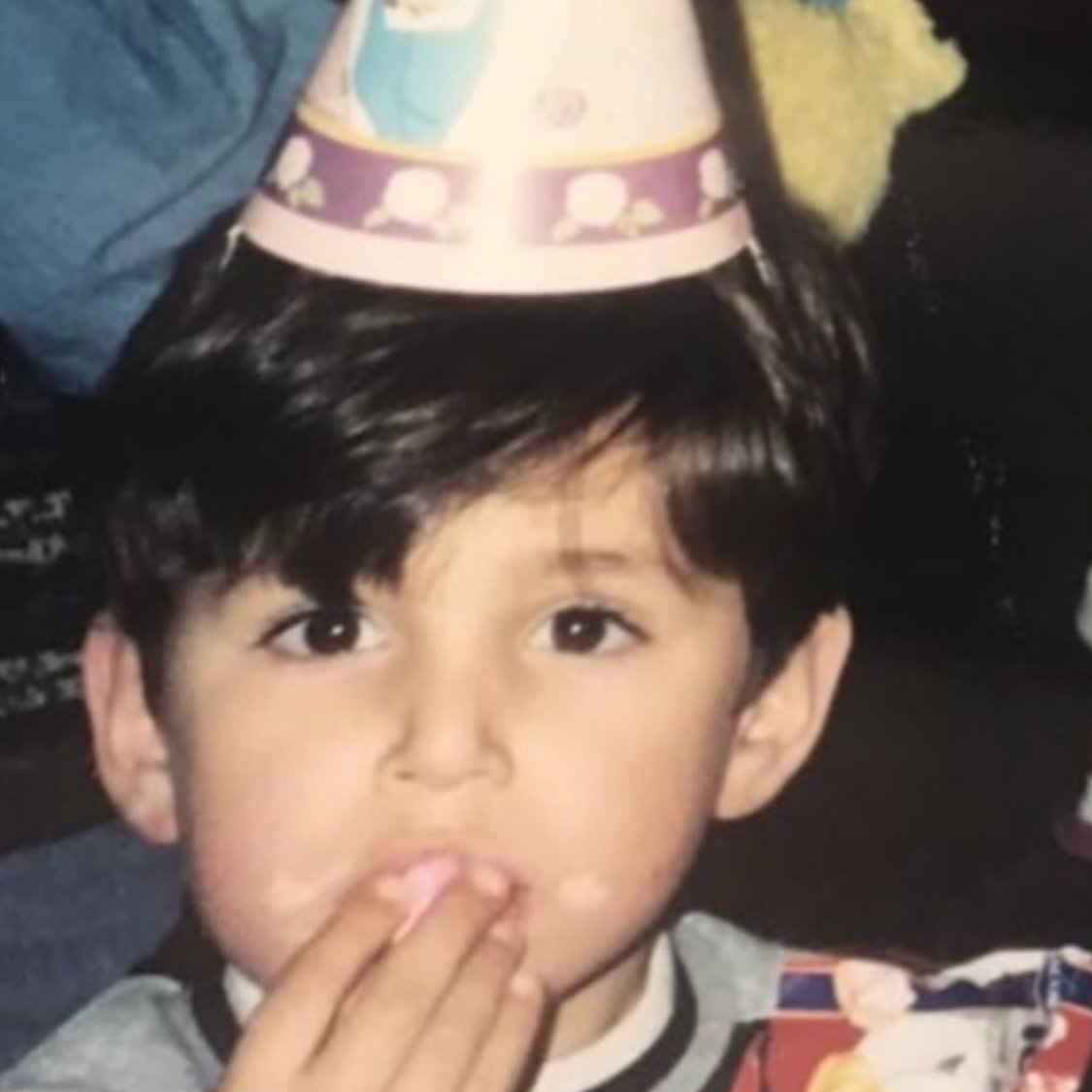
Before Harry’s grandfather died, he left enough money to send Harry to private school
That's where Harry's entrepreneurial drive was born.
He saw kids around him with everything he wanted, but didn't have.
Harry committed to making more money on his own.
That's where Harry's entrepreneurial drive was born.
He saw kids around him with everything he wanted, but didn't have.
Harry committed to making more money on his own.
He built a handful of small businesses in his teens and early twenties
He sold government assistance coupons for cash,
Started a free magazine,
Promoted nightclubs,
And managed a friend who was a rapper (more later)
He kept a list of big businesses ideas to pursue too
He sold government assistance coupons for cash,
Started a free magazine,
Promoted nightclubs,
And managed a friend who was a rapper (more later)
He kept a list of big businesses ideas to pursue too
But the entrepreneurial scene in the U.K. was underdeveloped
$ wasn't flowing into startups.
Talking about ideas for big businesses to build was taboo.
People would think Harry was "batshit crazy" if he shared what he had in mind.
He knew he needed to move to the US.
$ wasn't flowing into startups.
Talking about ideas for big businesses to build was taboo.
People would think Harry was "batshit crazy" if he shared what he had in mind.
He knew he needed to move to the US.
Harry joined his rapper friend on one trip to Los Angeles
He told Harry a bunch of "computer geeks" were coming to the studio to talk about business.
He asked Harry to come since he’d studied computer science.
One of those “geeks” at the studio was Josh Mangel.
He told Harry a bunch of "computer geeks" were coming to the studio to talk about business.
He asked Harry to come since he’d studied computer science.
One of those “geeks” at the studio was Josh Mangel.
Harry and Josh hit it off
@joshmangel was selling his music analytics company at the time, and looking for the next thing to work on.
For 12 hours, Harry pitched Josh on ~50 startup ideas he had written down.
One of the ideas was "HotelTonight for car rentals."
@joshmangel was selling his music analytics company at the time, and looking for the next thing to work on.
For 12 hours, Harry pitched Josh on ~50 startup ideas he had written down.
One of the ideas was "HotelTonight for car rentals."
Harry moved to the US four months later to build “Skurt”
And Josh joined him as a co-founder.
They grew it to ~200 employees.
When the company had ~3 months of cash left, Harry and Josh decided to sell it.
Then they had to decide about what to build next.
And Josh joined him as a co-founder.
They grew it to ~200 employees.
When the company had ~3 months of cash left, Harry and Josh decided to sell it.
Then they had to decide about what to build next.
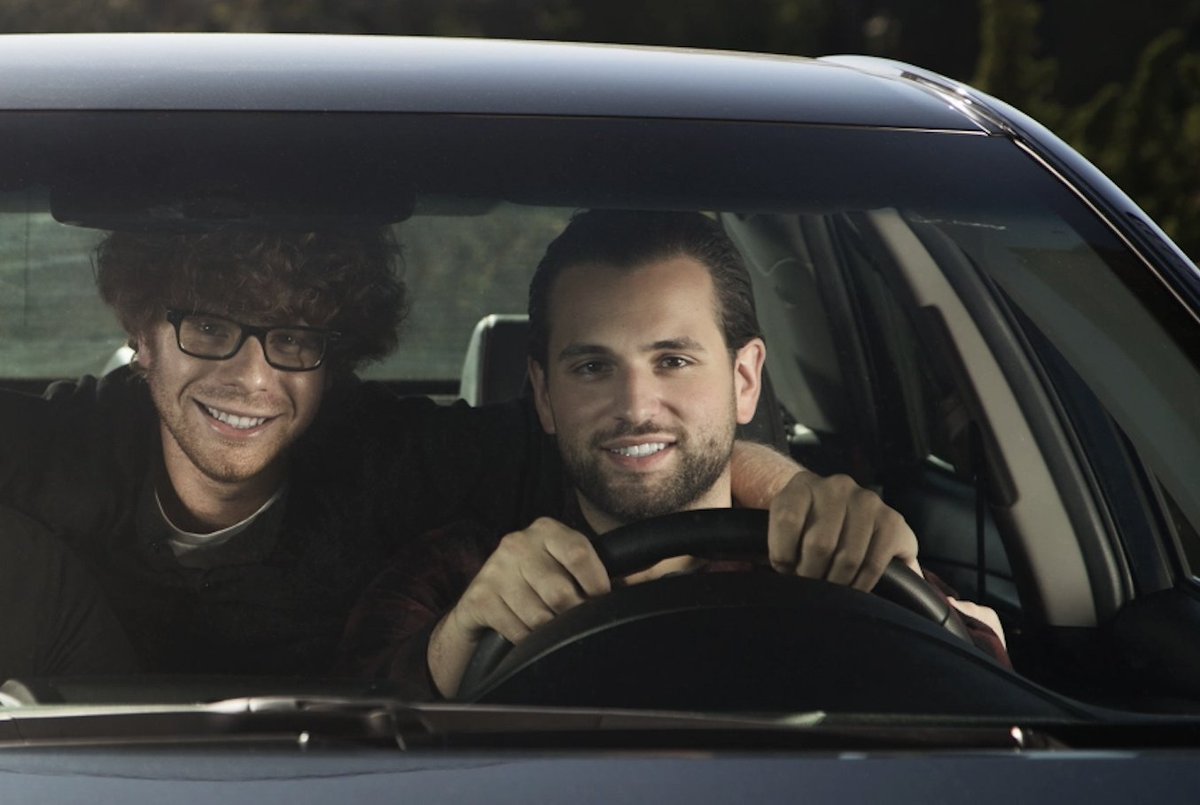
They came up with the idea that is now Pipe
@pipe gives companies a funding alternative outside of equity and venture debt.
The founders describe their big idea as the "Nasdaq for revenue."
They’re taking on a market that is worth more than $250 billion.


@pipe gives companies a funding alternative outside of equity and venture debt.
The founders describe their big idea as the "Nasdaq for revenue."
They’re taking on a market that is worth more than $250 billion.
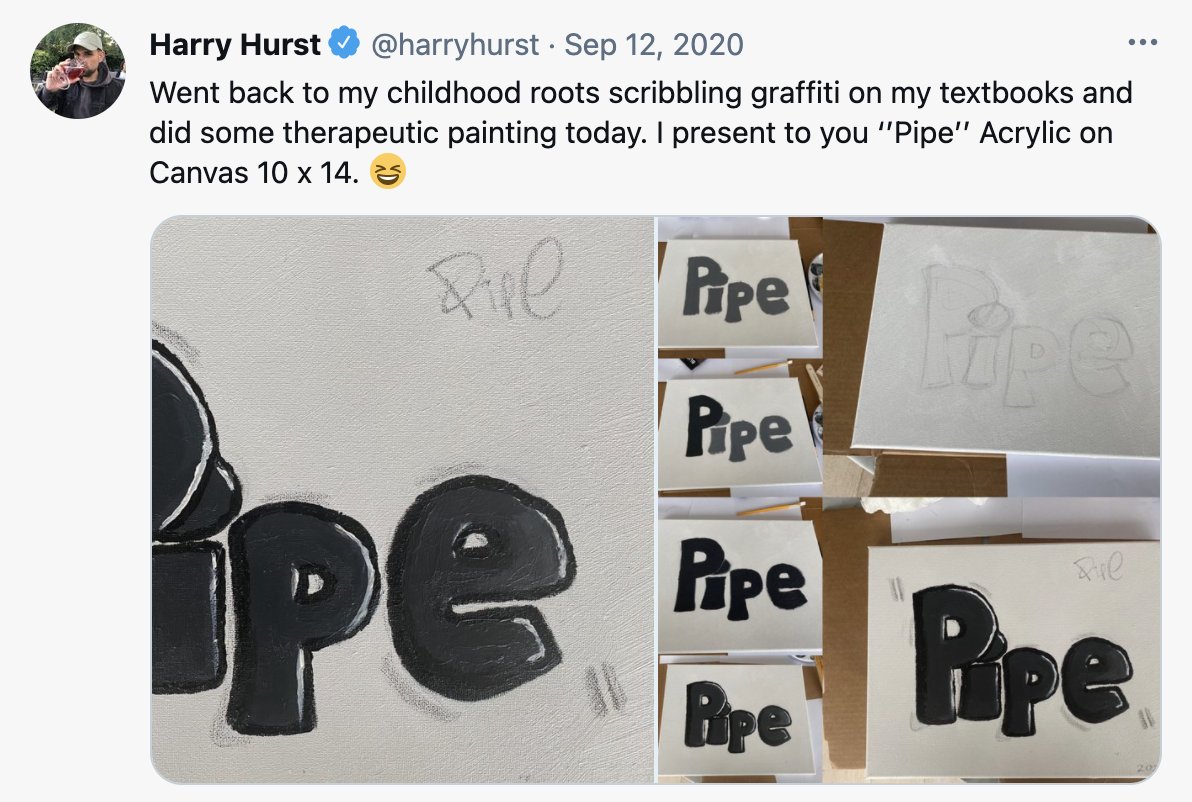
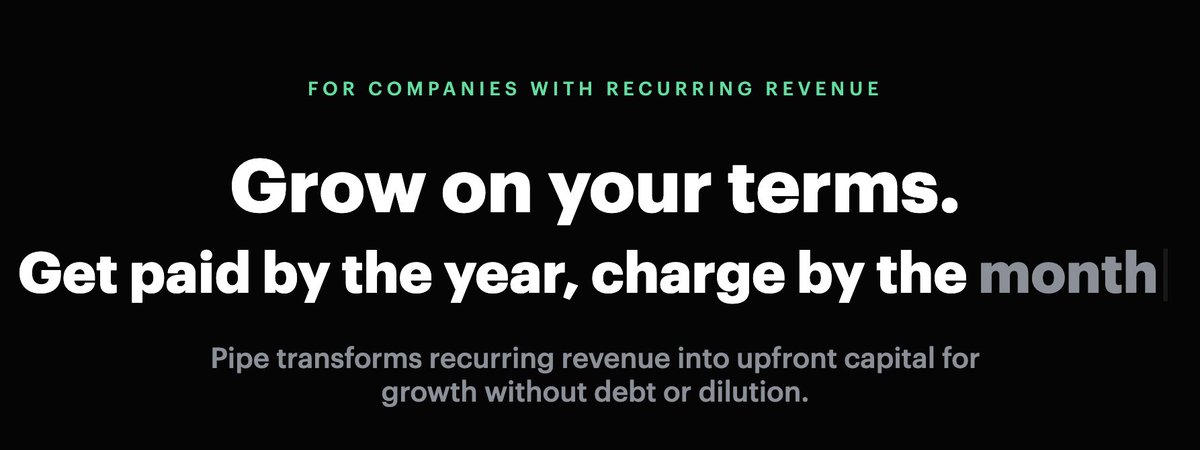
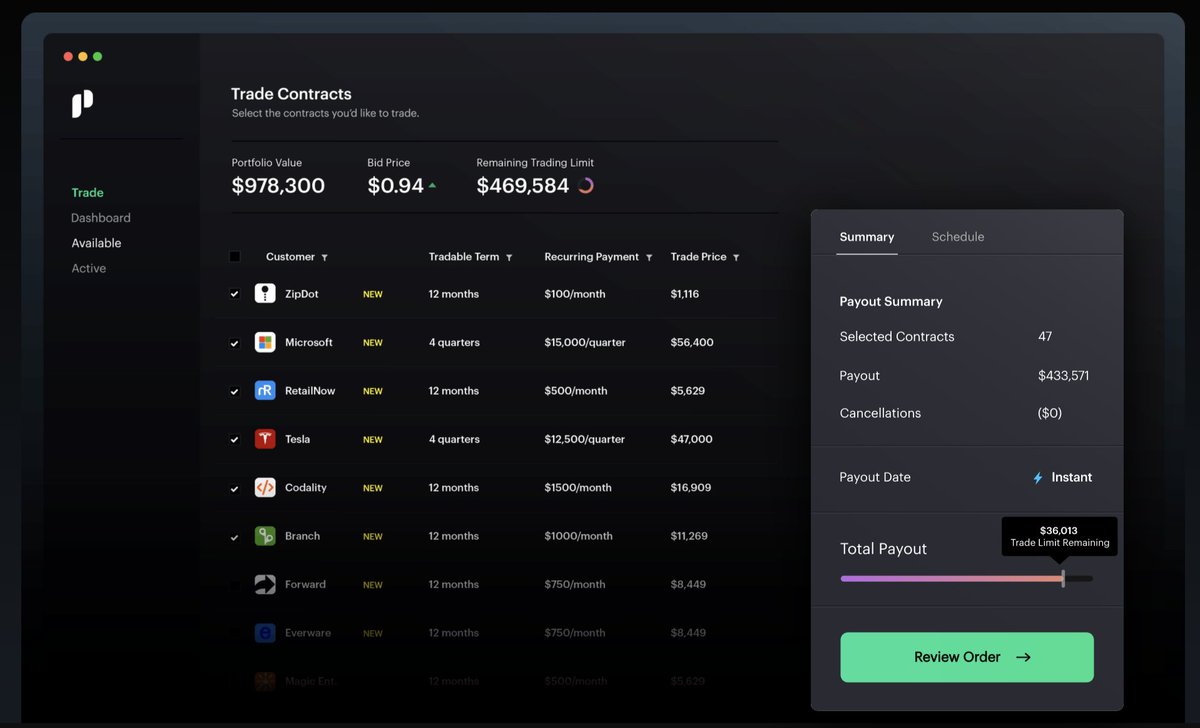
People don't think Harry's big ideas are “batshit crazy” anymore
@DavidSacks gave him a termsheet during his first meeting with the team.
And @rrhoover invested on their first call too:
@DavidSacks gave him a termsheet during his first meeting with the team.
And @rrhoover invested on their first call too:
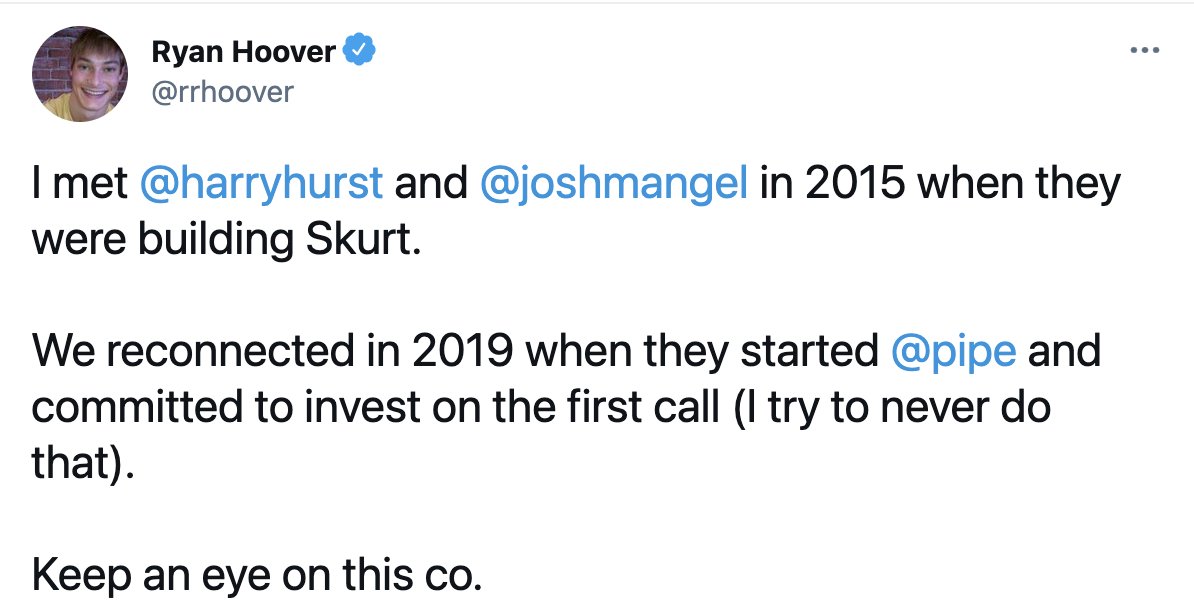
Someone will always call your ideas crazy
But like Harry told @danmurrayserter in the interview that inspired this thread
the best advice he was ever given was "don't hold back on discussing your ideas."
it worked out for him,
and could for you too.
But like Harry told @danmurrayserter in the interview that inspired this thread
the best advice he was ever given was "don't hold back on discussing your ideas."
it worked out for him,
and could for you too.
Enjoyed the thread?
Follow me for more founders’ stories and the messy realities of building something new.
We’ll share openly as we build usejournal.com
Follow me for more founders’ stories and the messy realities of building something new.
We’ll share openly as we build usejournal.com
• • •
Missing some Tweet in this thread? You can try to
force a refresh









